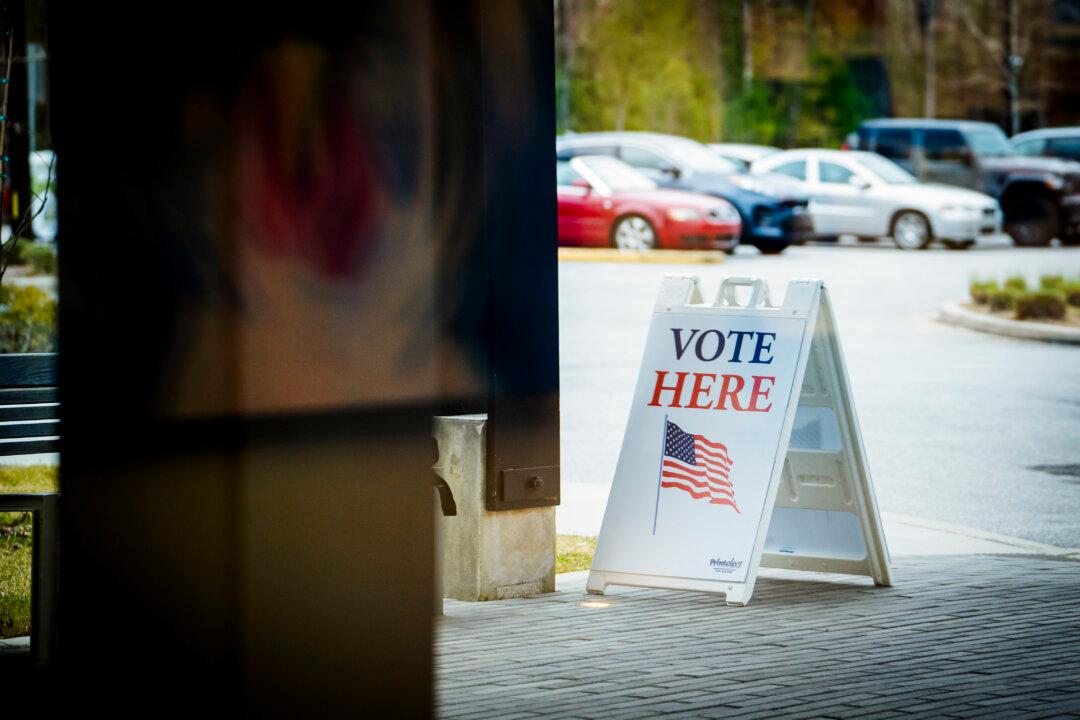A Florida man has been arrested on charges of voter fraud after he allegedly forged signatures on petitions to make “No Labels” an officially recognized party in Kansas.
George Andrews, 30, was taken into custody in Dade City, Florida, according to a Feb. 19 press release from Kansas Attorney General Kris Kobach’s office.





